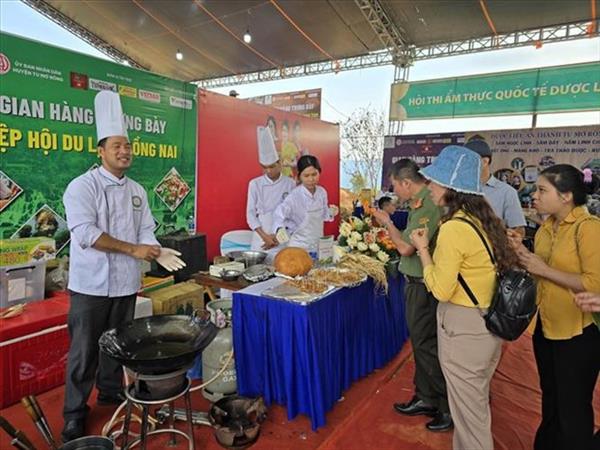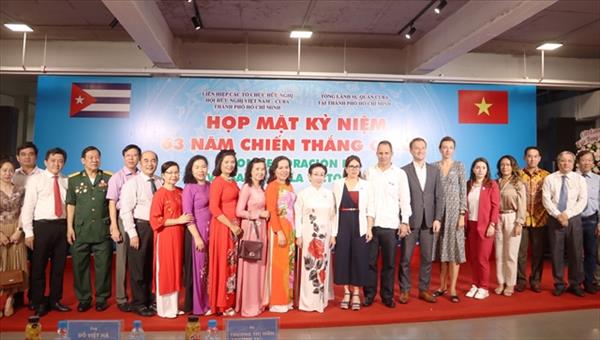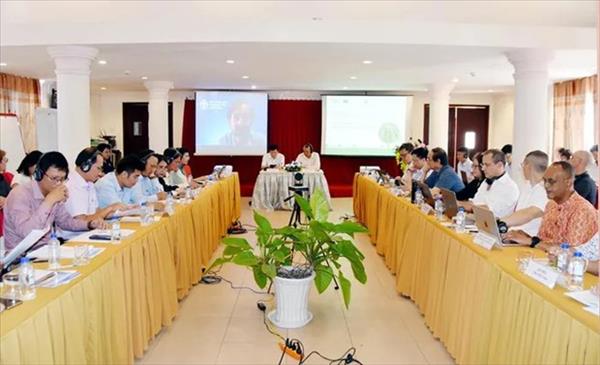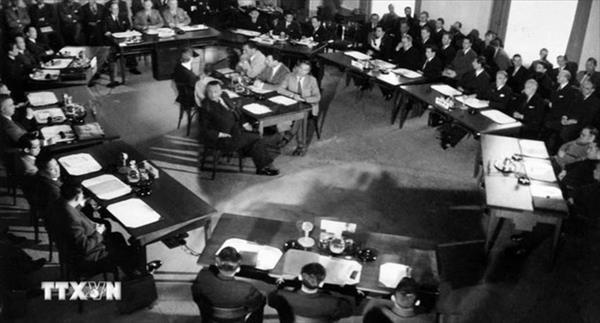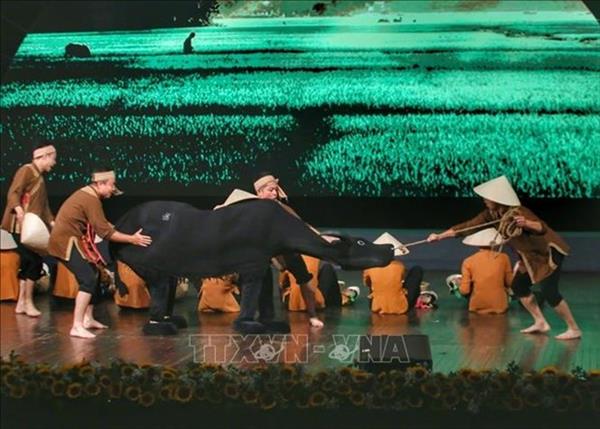The event is co-organised by the Ministry of Culture, Sports and Tourism (MCST) and the UN Educational, Scientific and Cultural Organisation (UNESCO).
Speaking at the function, MCST Deputy Minister Dang Thi Bich Lien said the seminar focuses on topics such as the strengthening of legal framework to protect heritages and boost sustainable development, cohesion of local communities, and public-private partnership at world heritage sites.
Many solutions to harmonisation of relations between preservation and development are also put forth at the event.
Vietnam has eight UNESCO-recognised heritages, including five cultural, two natural and one mixed ones, Lien said, adding that over the past years, the Government has paid due attention to protecting and restoring global values as well as managing, safeguarding and promoting the values of heritages.
According to her, the world heritages in Vietnam have been demonstrating their role as an important resource for economic development. However, amid the rapid development of the tourism sector, policymakers and heritage managers are facing new challenges, including the appearance of new factors and increasing engagement of businesses.
It is time to assess the real situation of heritages in the context of Vietnam’s active participation in the 2030 Agenda for Sustainable Development and the Sustainable Development Goals of the UN in order to fully understand the contributions of the world heritage sites in Vietnam.
Michael Croft, UNESCO Chief Representative in Vietnam, said that the seminar serves as a forum to find out a sustainable solution that both meets development requirements and preserves the values of world heritages.
UNESCO specially acknowledges the presence of delegates from private sector at the event, he said, noting public-private partnership is a core factor in the sustainable development of heritages.
During the three-day seminar, participants will provide recommendations on practical measures to enhance the protection and promotion of world heritages towards sustainable development.
The UNESCO world heritage sites in Vietnam include the Central Sector of the Imperial Citadel of Thang Long – Hanoi (recognised in 2010), the Citadel of the Ho Dynasty (2011), the Complex of Hue Monuments (1993), Ha Long Bay (1994), the Hoi An Ancient Town (1999), the My Son Sanctuary (1999), the Phong Nha-Ke Bang National Park (2003), and the Trang An Landscape Complex (2014).
VNA/VNP

